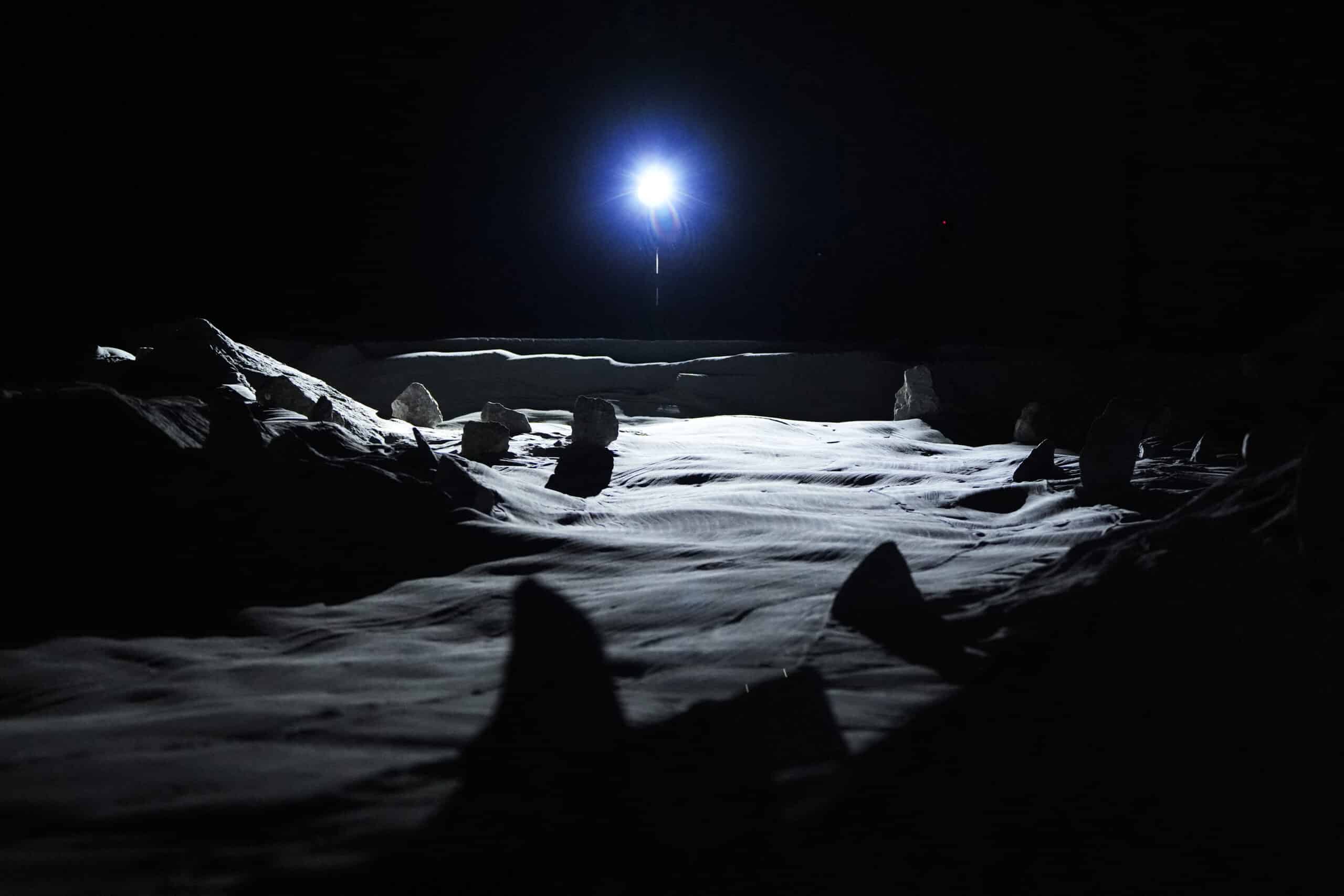
PARIS, France — Europe has embarked on the mission to put humans back on the moon with a new lunar simulator launched in Germany, French astronaut Thomas Pesquet told Agence France-Presse.
Pesquet was at the German Aerospace Center (DLR) in Cologne on Wednesday to test out LUNA, a facility built to resemble the surface of the moon.
The 46-year-old astronaut, a national icon in France for his missions to the International Space Station (ISS), glowed at the prospect of participating in a lunar mission.
“It would be a dream and the high point of my career. The noon is 1,000 times farther away than the ISS,” he said in an interview.
“Aboard the ISS, you feel like you’re doing something out of the ordinary. But going to the moon takes the adventure to a whole other level.”
READ: The Earth will have a ‘second Moon’ for two months
The newly opened facility was designed to train astronauts and test equipment and materials for use on missions to the moon.
International interest in exploring the moon has surged in recent years.
NASA has launched a program, Artemis, to put astronauts on the moon in 2026, more than five decades after US space explorers last visited on the final flight of the Apollo missions in 1972.
Earlier this year, China sent a probe that collected the first samples from the far side of the moon. The country aims to send a crewed mission to Earth’s satellite by 2030, and wants to build a base on the lunar surface.
Japan and India are planning to send a probe to hunt for water near the south pole of the Moon in 2025.
The European Space Agency (ESA) hopes to team up with NASA on future moon missions, Pesquet said.
“It’s a key moment for Europe, because we’re truly jumping into lunar exploration. We’re already partnering with NASA on supplying equipment and materials for Artemis,” he said.
“But LUNA is really the first highly visible sign of the fact that we’ve embarked on plans to return to the moon. We’re proving that by making long-term investments. This facility will be open to other space agencies, researchers and, we hope, to private firms.”
Moon walk: ‘Different kettle of fish’
Pesquet described his first test of LUNA as surprising.
He and fellow ESA astronaut Matthias Maurer rehearsed walking on the lunar surface, wearing special suits that weighed 25 kilograms (55 pounds) and carrying scientific and communications equipment, he said.
“I was surprised by the piercing light seen on the moon, especially at the south pole. It’s very hard to evaluate the topography,” he said, describing how he sank into the thick layer of dust simulating that found on the lunar surface.
READ: US achieves first moon landing since last Apollo lunar mission
“The minute you leave the path, figuring out where to step is a whole different kettle of fish…. It’s also incredibly slow. It’s not like Earth, you’re a lot less coordinated. It reminded me of my spacewalks at the International Space Station.”
Europe’s role in providing the service module for NASA’s Orion capsule, which will carry the Artemis crew members, has earned the ESA three spots for its astronauts on the programme’s first three missions around the moon.
But “NASA has told us, ‘To land on the moon, you need to propose something to do on the lunar surface’,” said Pesquet.
“LUNA isn’t a contractual part of the deal. But it allows us to show we’re serious.”